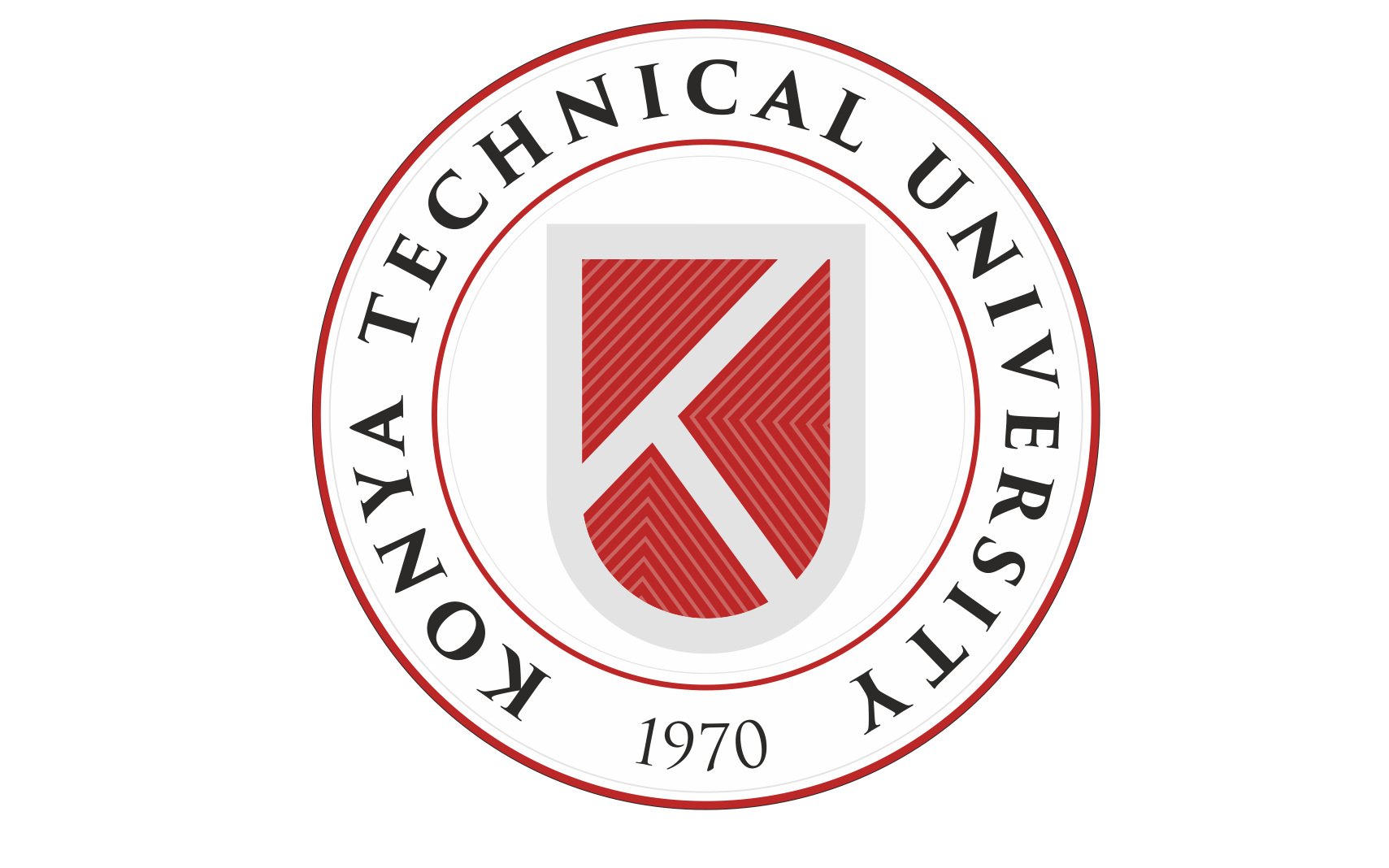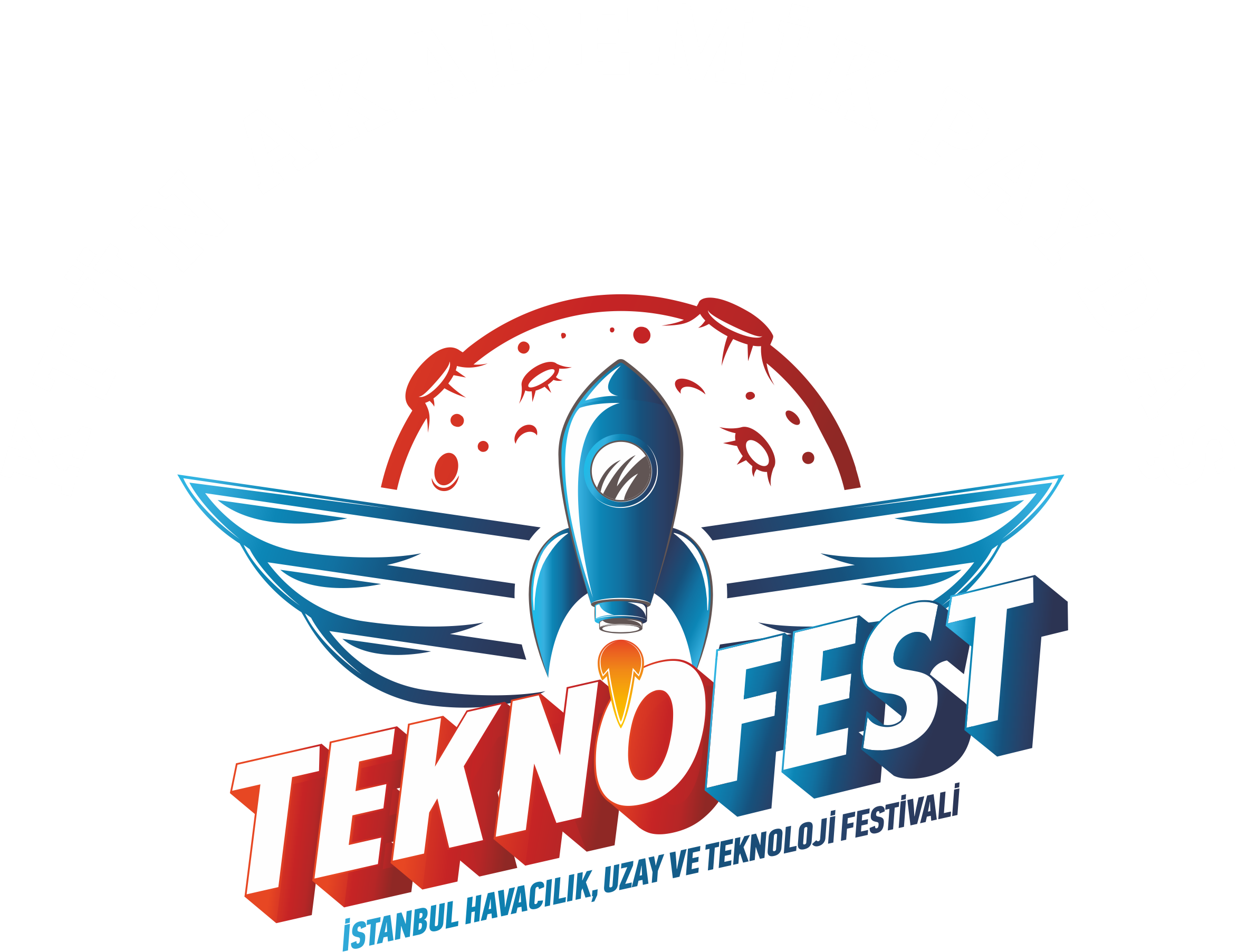- University
- Academic
- Administrative
-
Search
- Continuing Education Application and Research Centre (KTUCEARC)
- Energy Technologies Research, Development and Application Centre
- Distance Education Application and Research Centre
- Defence, Space and Aviation Technologies Application and Research Centre
- Konya Technical University Architecture and Urban Design Application and Research Centre (AUDARC)
- Nanotechnology and Advanced Materials Development Application and Research Centre
- Sinkhole Application and Research Centre
- Technology Transfer Office Application and Research Centre
- Artificial Intelligence Office Application and Research Centre
- Central Research Laboratory Application and Research Center
- Süstaşları Application and Research Center
- Career Centre
- Student
- Contact
-
e-KTUN
- Academic Calendar
- EIMS
- Additional Courses
- Staff Graduate Grading System
- Teknik Destek Takip Sistemi
- Institute AutomationSystem
- Öğrenci Bilgi Sistemi
- Anket Sistemi
- Network Access</br>System
- KTUCEARC
- BAP
- Library
- Journal
- Web Management
Panel - Course Information
- Library
- Distance Learning
- Graduate Tracking<br/>System
- Academic Job Posting Tracking System
- Teknik Destek Takip Sistemi
- Meal Reservation
System


